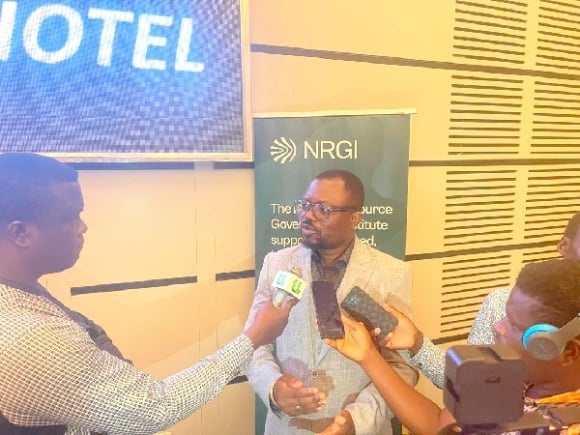Ghana’s ambitious journey towards a cleaner energy future by 2070 has been meticulously charted, requiring a substantial investment of approximately $562 billion. This comprehensive transition plan, encompassing a diverse range of energy sources, aims to reshape the nation’s energy landscape and solidify its commitment to sustainable development. The government, recognizing the magnitude of this undertaking, has devised a multi-faceted financing strategy, engaging a consortium of stakeholders to pool resources and expertise.
A significant portion of the funding, amounting to $32 billion, will be shouldered by the Ghanaian government, demonstrating its unwavering dedication to this transformative endeavor. The remaining funds will be secured through strategic partnerships with key players in the global financial ecosystem. Multilateral Development Banks (MDBs) are poised to play a pivotal role, contributing an estimated $113.2 billion, representing the largest share of external funding. Private investors and project beneficiaries, recognizing the immense potential of this green initiative, are expected to contribute an additional $91.9 billion. Development Partners (DPs) will also contribute significantly, pledging approximately $29 billion to support Ghana’s clean energy aspirations.
This collaborative financing model underscores the shared responsibility and global commitment to combating climate change and promoting sustainable development. By leveraging the resources and expertise of various stakeholders, Ghana aims to ensure the smooth and efficient execution of its energy transition plan, paving the way for a greener and more prosperous future. The substantial financial commitment from MDBs, private investors, and DPs not only alleviates the financial burden on the Ghanaian government but also fosters international cooperation and strengthens the global movement towards a sustainable energy future.
The allocated funds will be strategically channeled towards a portfolio of transformative projects that form the cornerstone of Ghana’s energy transition roadmap. A flagship initiative is the development of Ghana’s first nuclear power facility, slated for launch in 2027, marking a significant milestone in diversifying the nation’s energy mix. This project will not only enhance energy security but also contribute to reducing greenhouse gas emissions, aligning with Ghana’s commitment to mitigating climate change. Furthermore, the rollout of 33 solar mini-grids in island communities will extend access to clean and reliable energy to previously underserved populations, fostering inclusive growth and enhancing the quality of life. The government is also committed to scaling up renewable energy infrastructure nationwide, further solidifying its commitment to a sustainable energy future.
Despite the meticulously crafted plan and robust financial backing, Ghana’s energy transition faces challenges, particularly from the detrimental impact of illegal mining activities. These illicit operations have severely polluted vital water bodies, jeopardizing the feasibility of crucial hybrid solar-hydro energy projects. The contamination necessitates costly re-feasibility studies, potentially delaying project timelines and increasing overall costs. Addressing this environmental menace is paramount to safeguarding the integrity of the nation’s water resources and ensuring the successful implementation of its clean energy projects. Failure to curb illegal mining could derail the progress made thus far, underscoring the need for decisive action and effective enforcement.
The progress of Ghana’s energy transition plan since its inception in 2022 has been commendable, with over 89% of the country’s existing energy assets currently operational. Renewables, a critical component of the transition strategy, have steadily increased their contribution to the national energy mix, currently exceeding 3.5%. This positive trajectory reflects the government’s steadfast commitment to diversifying its energy portfolio and reducing reliance on fossil fuels. However, continuous monitoring and evaluation are crucial to ensure that the transition remains on track and effectively addresses potential challenges. Regular stakeholder engagement and transparent reporting are essential to maintain momentum and foster public trust in the process.
Ghana’s multi-pronged approach to the energy transition, encompassing gas, solar, and nuclear power, has garnered praise for its comprehensive and forward-thinking nature. This diversified strategy recognizes the importance of utilizing a range of energy sources to ensure energy security and reliability during the transition period. However, the successful implementation of such a complex undertaking requires robust inter-agency collaboration and active stakeholder involvement. Engaging stakeholders, including civil society organizations and renewable energy experts, is vital for ensuring that the transition process is inclusive, transparent, and responsive to the needs of all stakeholders. Leveraging revenue generated from transition minerals, such as lithium and cobalt, which are crucial for battery production, presents a promising avenue for financing clean energy initiatives and accelerating the pace of the transition.


